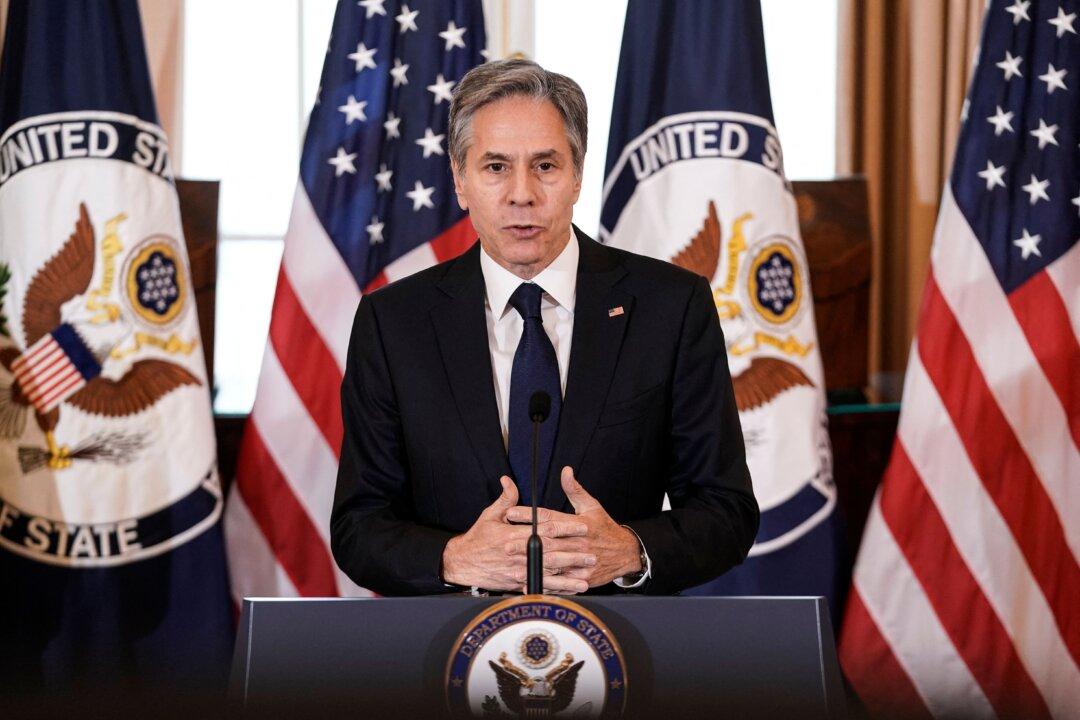Secretary of State Antony Blinken said on Tuesday that the administration has invited experts from the United Nations (U.N.) who investigate racism and minority issues to conduct an official visit to the United States.
“As a first step, we have reached out to offer an official visit by the U.N. Special Rapporteur on contemporary forms of racism and the U.N. Special Rapporteur on minority issues,” Blinken said in a statement. “Responsible nations must not shrink from scrutiny of their human rights record; rather, they should acknowledge it with the intent to improve.





